My mother has trouble sleeping, so she often has migraines and high blood pressure. If this condition persists, is there a risk of stroke? What should I do to fix it? (Anh Dao, Ho Chi Minh City)
Reply:
Insomnia, headaches, and high blood pressure are all high risk factors for stroke. Difficulty sleeping and insomnia often occur in people with migraines. Migraines are characterized by migraine headaches accompanied by symptoms of nausea, dizziness, and photophobia.
Difficulty sleeping or insomnia can lead to anxiety and depression, which can trigger or worsen migraines. People with migraine aura (i.e., with warning symptoms) are twice as likely to have a stroke as people without migraines.
Meanwhile, long-term high blood pressure causes atherosclerosis and narrowing of blood vessels, thereby increasing the risk of blockage and rupture of blood vessels, which can easily lead to stroke.
To prevent stroke, your mother needs a combination of interventions. First, good blood pressure control. Second, aggressive treatment of migraines. Third, assessment of insomnia.
For example, doctors at Tam Anh Hospital prescribe polysomnography for patients to analyze breathing, heart rate, muscles, eye movements, sleep cycles, and blood pressure during sleep for any abnormalities. From there, patients receive the best treatment for sleep disorders.
Your mother has insomnia, migraines, and high blood pressure, so she should see a neurologist for examination and stroke screening. The doctor will treat and control potential stroke risk factors (if any) such as atrial fibrillation, diabetes, and high blood cholesterol.
In addition to medication or other prescriptions, doctors can advise patients to change their lifestyle such as losing weight, eating and exercising scientifically. Improve sleep by establishing a regular sleep-wake routine, avoiding drinking coffee and strong tea at the end of the day. Use some herbal teas such as lotus seed tea and chamomile to help calm the mind and sleep well. Natural essences such as blueberry and ginkgo biloba can help increase blood flow to the brain, improve headaches and insomnia.
Stroke is a dangerous disease that requires emergency intervention. Signs include sudden dizziness even without changing position, loss of balance when walking, sudden loss of vision, headache, vomiting. Other symptoms that warn of a stroke include numbness in the limbs, crooked mouth, and change in voice. People with these symptoms need to go to the hospital immediately.
MSc. Dr. Phan Thi Ngoc Loi
Department of Neurology, Center for Neuroscience
Tam Anh General Hospital, Ho Chi Minh City
| Readers ask questions about neurological diseases here for doctors to answer |
Source link





![[Photo] "Beauties" participate in the parade rehearsal at Bien Hoa airport](https://vstatic.vietnam.vn/vietnam/resource/IMAGE/2025/4/11/155502af3384431e918de0e2e585d13a)


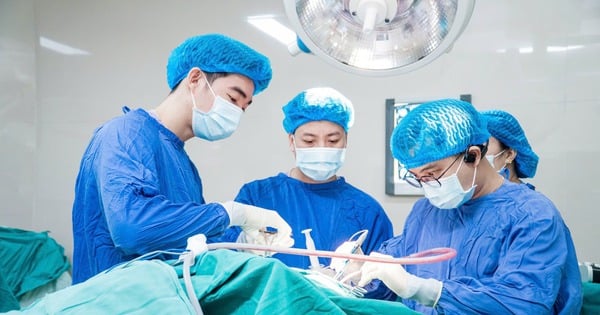

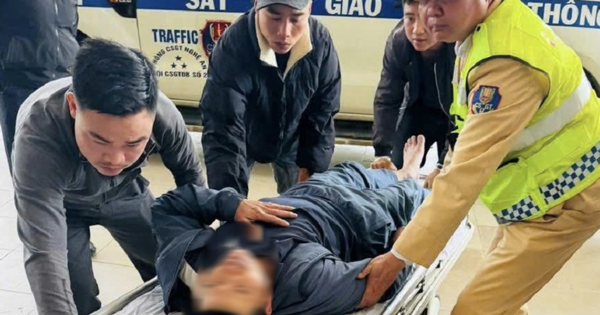

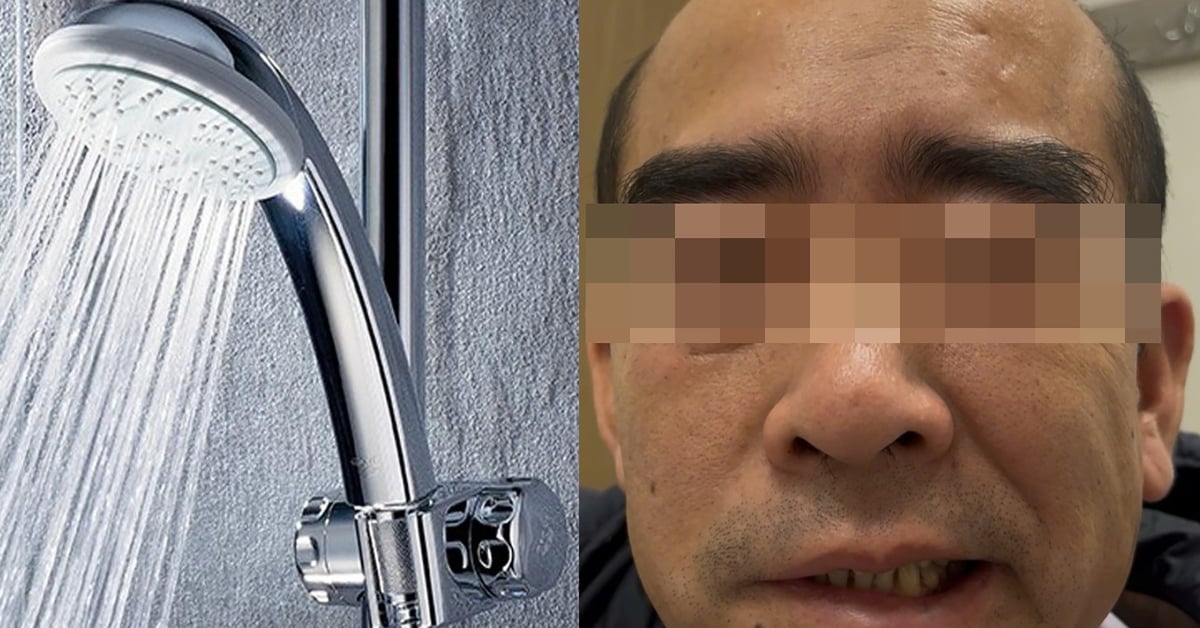

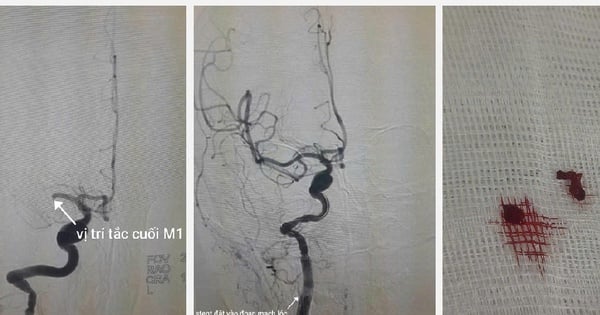
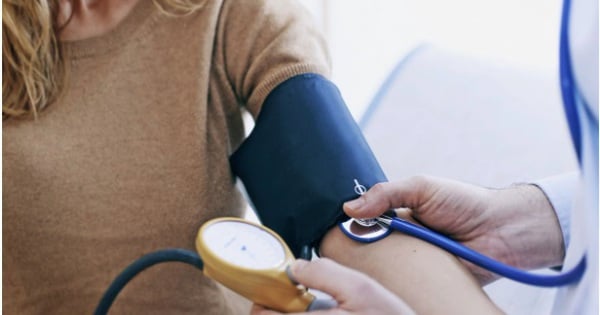



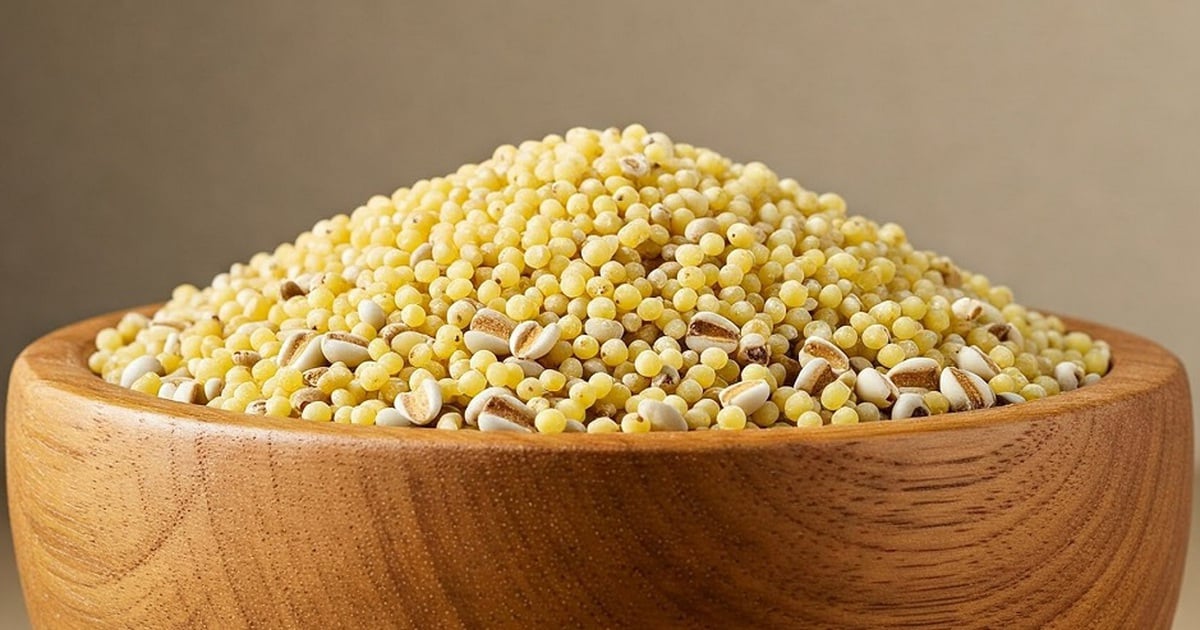

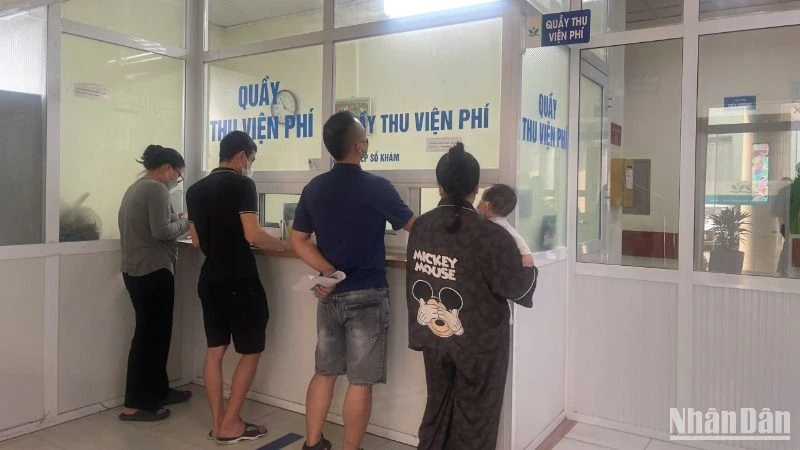
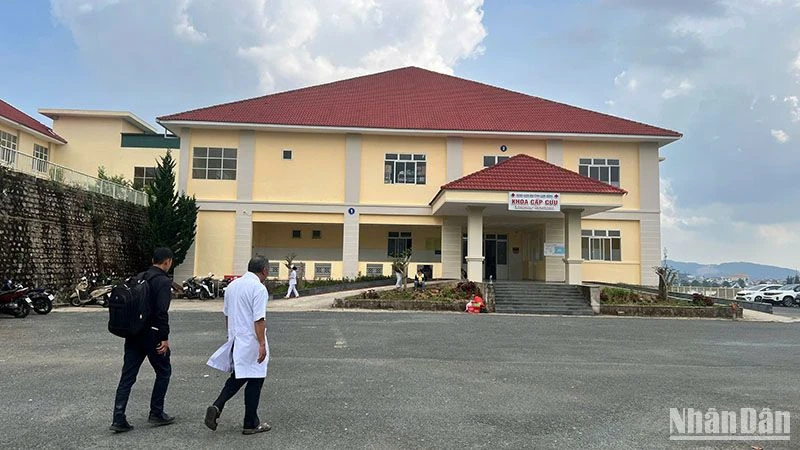




















































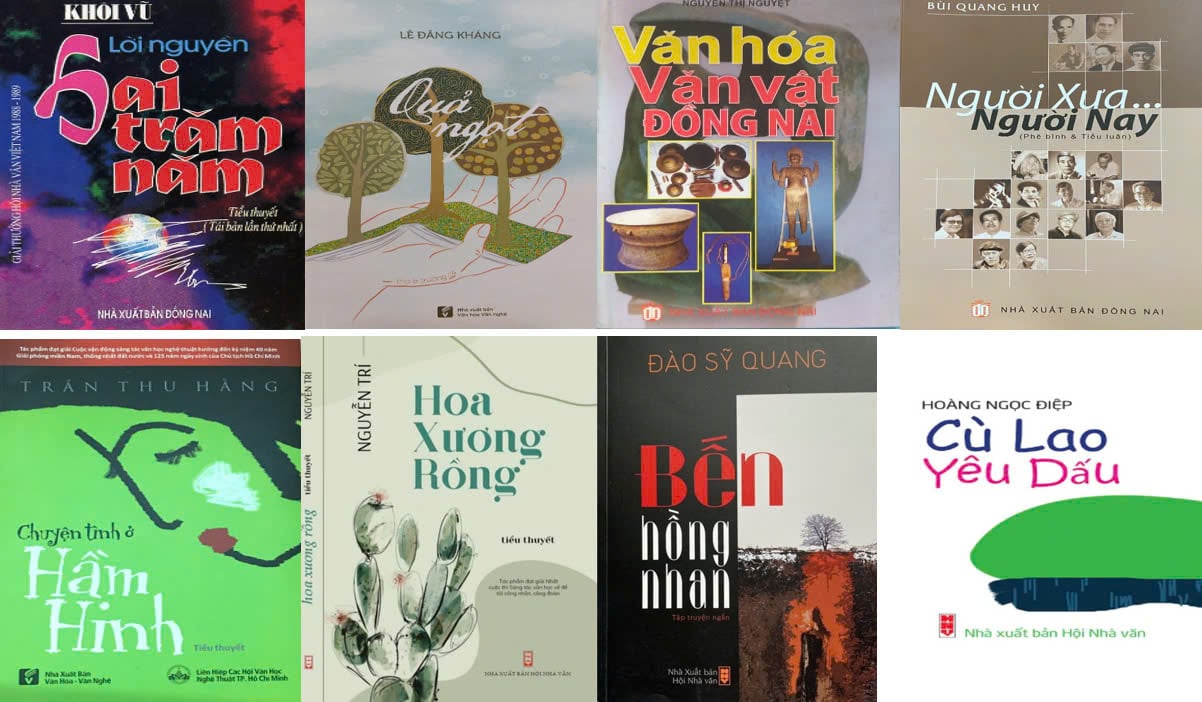




![[VIDEO] - Tam Ky in the season of white trumpet flowers through sketches](https://vstatic.vietnam.vn/vietnam/resource/IMAGE/2025/4/12/6364ee7bf6ef49269d215280697e1f12)



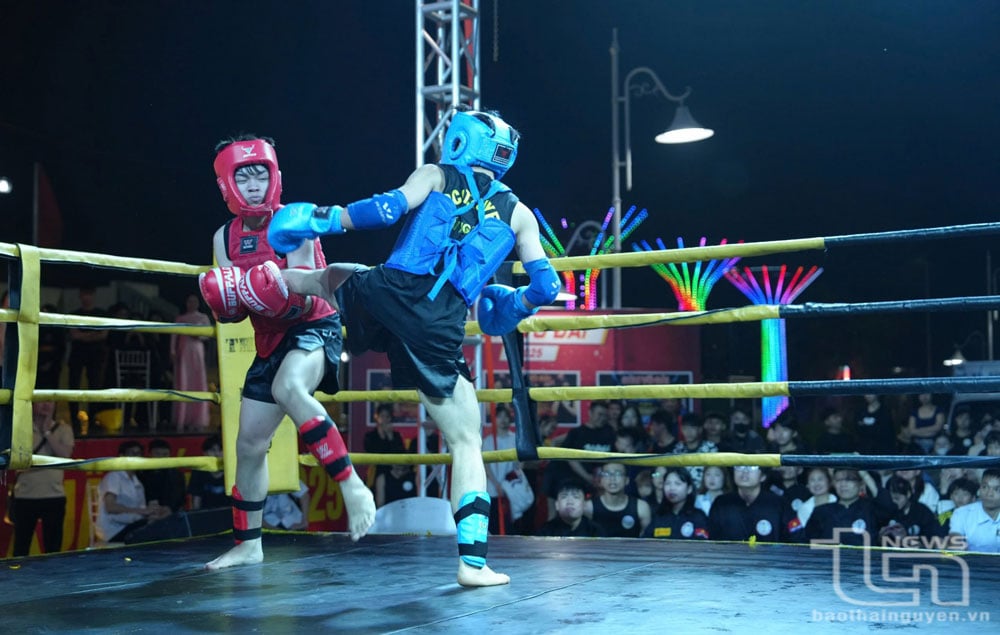










Comment (0)